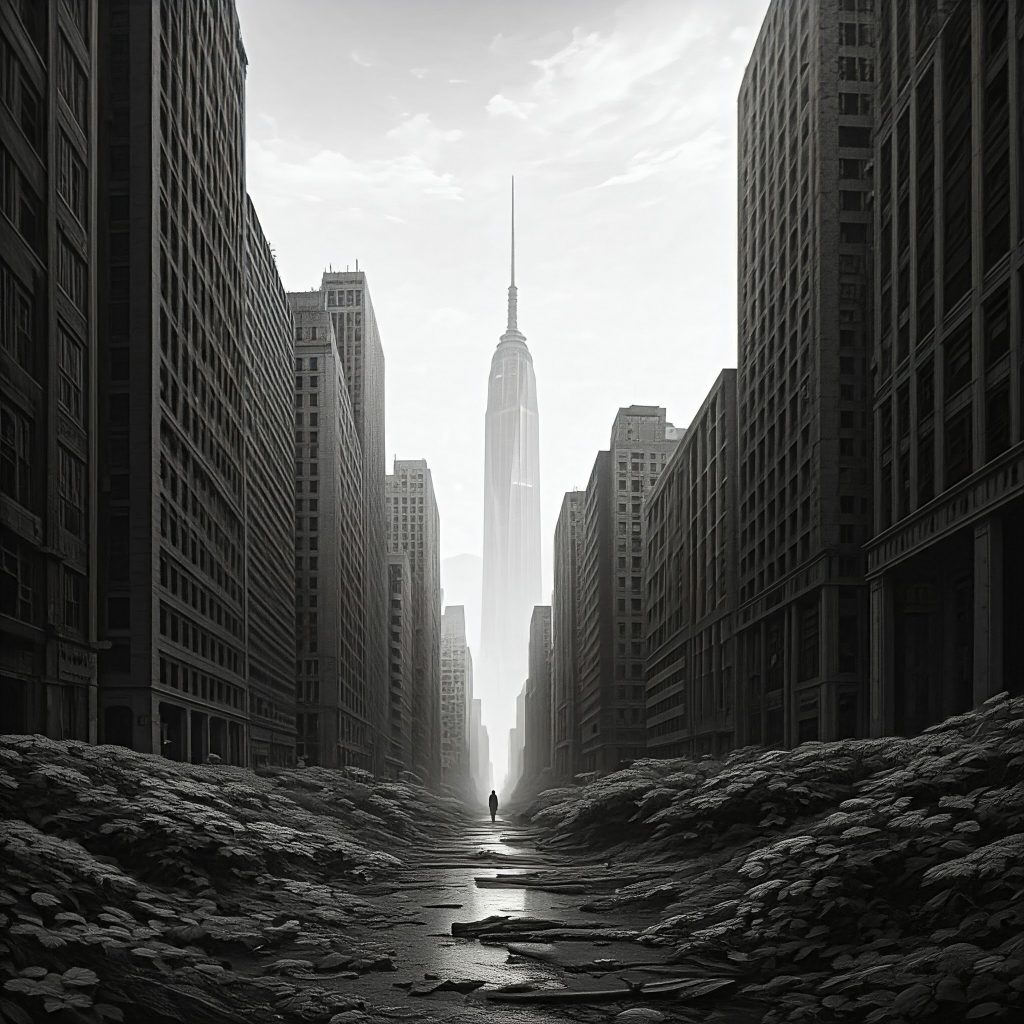The streets were eerily clean as Will Hunter wandered through a city that seemed brand new. There were no plaques, no weathered buildings, no signs of history. It was as though time had been scrubbed away, leaving behind a pristine but hollow shell.
.
A figure approached—a historian named Elise. “Welcome to Oblivia,” she said, her tone laced with irony. “A city that has forgotten itself.”
.
Will knew the premise of Aldo Rossi’s The Architecture of the City. Rossi argued that cities were collective memories, where every brick and street corner carried the weight of shared history. Here in Oblivia, that weight was missing.
.
Elise led him to the central square, a sleek expanse of glass and steel. “This used to be the Old Market,” she explained. “But the developers erased it for something more ‘modern.’ Now, people come here to shop, but they don’t stay—they don’t connect.”
.
Will noticed how the architecture felt cold, even oppressive. “Without history, there’s no soul,” he muttered. Elise nodded. “When cities erase their past, they erase the stories that bind communities together. Rossi believed that the urban fabric is built on continuity, not replacement.”
.
They passed a construction site, where workers unearthed an old foundation. Elise pointed to it. “Even buried ruins carry memory,” she said. “But if we don’t preserve them, we lose our connection to place.”
.
Will thought of cities like Rome, where ancient ruins stood side by side with modern buildings, creating a layered narrative. In contrast, Oblivia’s relentless drive for newness felt disorienting, even alienating.
.
As the city dissolved into the mist of the dreamscape, Elise’s voice lingered. “A city without memory is a city without identity. To move forward, we must first remember.”

